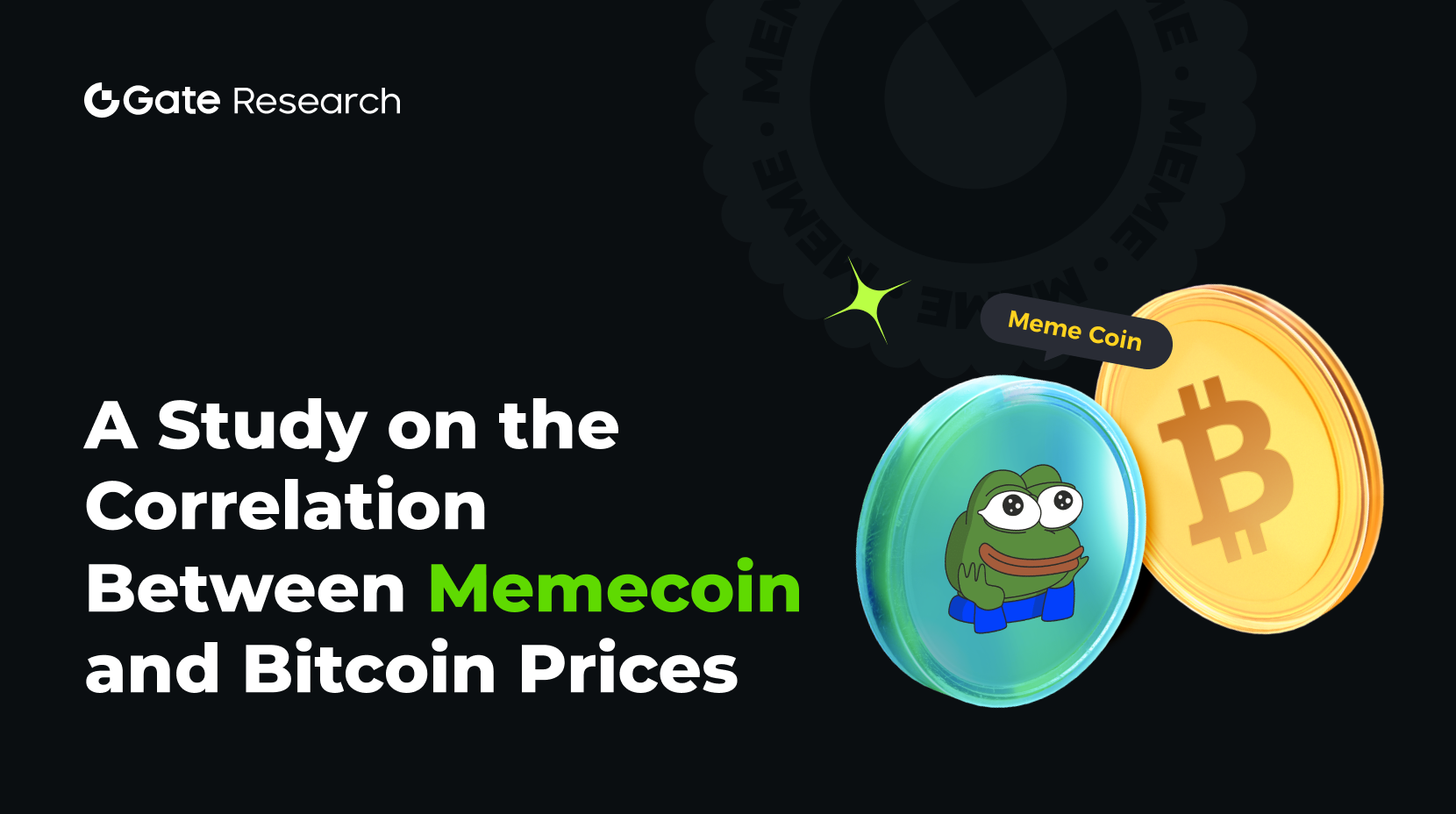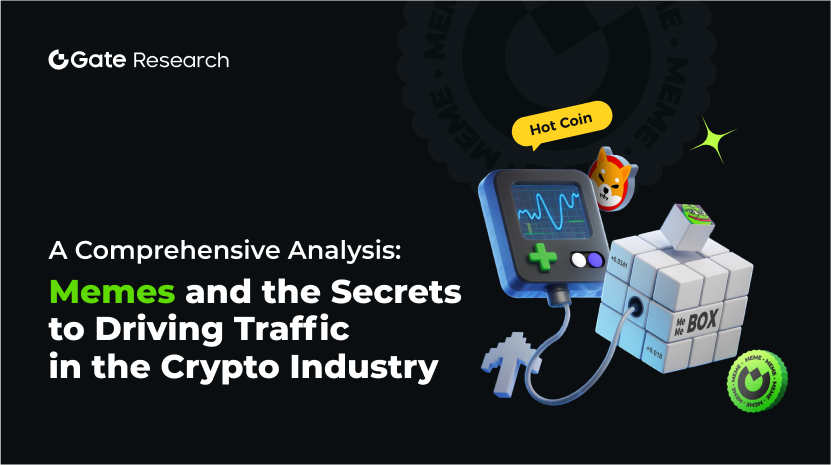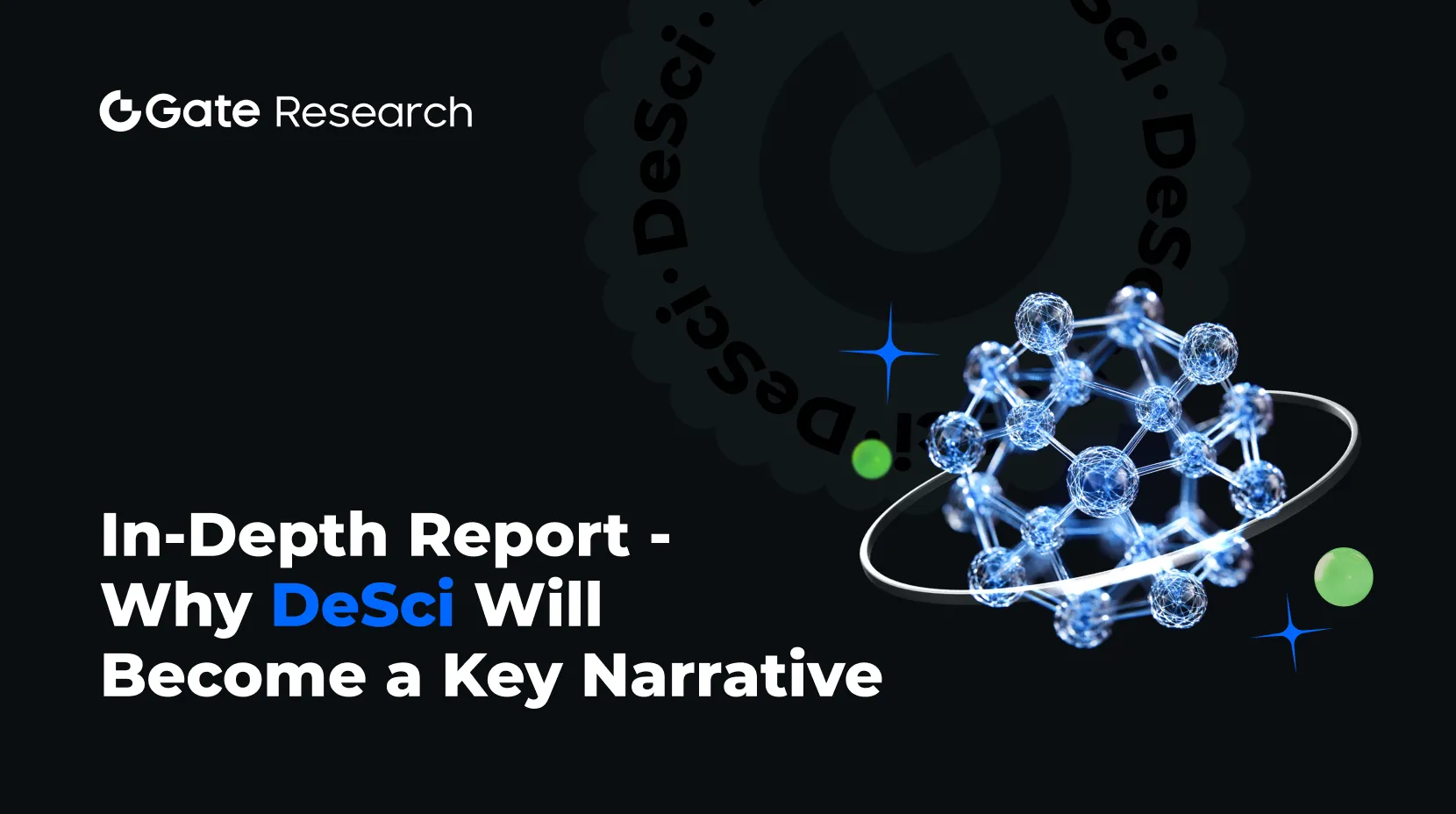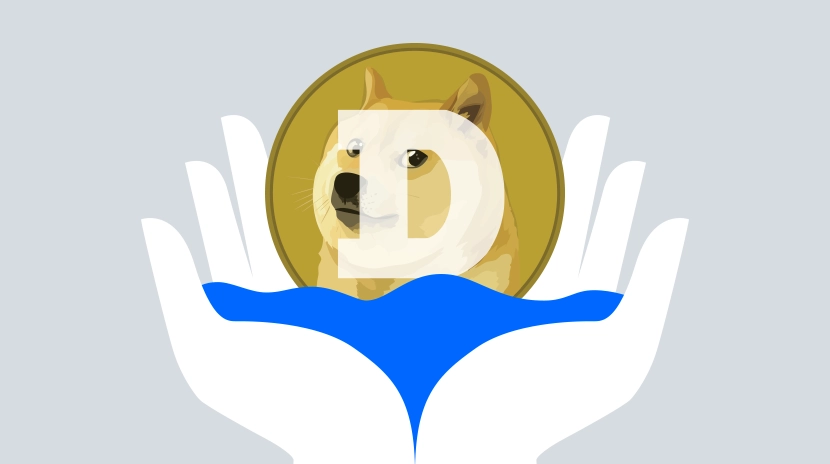Nghiên cứu Gate: Cái nhìn dữ liệu đằng sau sự phát triển nhanh chóng của Memecoin Launchpad Pump.fun
2/27/2025, 5:30:23 AM
Tải về Báo cáo Đầy đủ (PDF)
Pump.fun đang dẫn đầu trong xu hướng sân bay phóng memecoin, thúc đẩy sự phát triển nhanh chóng của các dự án memecoin mới nổi. Báo cáo này khám phá cơ chế độc đáo và dữ liệu chính, tiết lộ xu hướng thị trường và cơ hội đứng sau sự mở rộng của hệ sinh thái memecoin.Trừu tượng
- Memecoins đã trở thành một trong những chủ đề nóng nhất trên thị trường tiền điện tử năm 2024. Theo dữ liệu từ CoinMarketCap, vốn hóa thị trường tổng cộng của memecoins đã tăng mạnh từ 22,28 tỷ đô la lên 96,67 tỷ đô la vào năm 2024, đạt được mức tăng trưởng ấn tượng là 433%.
- Số lượng phát hành token của Solana dẫn đầu trong tất cả các hệ sinh thái lớn. Vào năm 2024, số lượng trung bình các token có thể giao dịch được thêm vào hàng tuần trên các sàn giao dịch phi tập trung (DEX) của Solana đạt 106.200, tăng 983% so với 10.800 ở đầu năm. Hơn 50% số token này đến từ nền tảng Pump.fun. Solana đã trở thành nền tảng dành cho các nhà tạo ra và giao dịch memecoin.

- Pump.fun đã cho thấy đà tăng mạnh mẽ, trở thành một trong những giao thức hoạt động nhanh nhất trong không gian tiền mã hóa. Đến ngày 5 tháng 2 năm 2025, nền tảng đã tích luỹ phí giao dịch vượt quá 2,76 triệu SOL và phát hành 7,5 triệu mã thông báo, với hơn 98.000 mã thông báo được ra mắt thành công trên Raydium.

- Vào tháng 1 năm 2025, các token được ra mắt thông qua Pump.fun chiếm 54% tổng số giao dịch trên các sàn giao dịch phi tập trung dựa trên Solana. Tỷ lệ giao dịch không bỏ phiếu trên mạng lưới Solana cũng tăng lên, đạt 25% vào tháng 1 năm 2025. Điều này đã đóng vai trò quan trọng trong việc thúc đẩy hoạt động tổng thể của mạng lưới Solana.

- Hiệu ứng giàu có đáng chú ý đã thu hút nhiều người dùng tham gia hơn. Chẳng hạn, giá của Fartcoin đã tăng 105.118 lần so với giá ban đầu vào Pump.fun và tăng 6.307 lần so với giá thanh khoản ban đầu trên Raydium. Tương tự, giá của WOULD và arc token tăng 51.781 lần và 36.391 lần, thu hút số lượng lớn các nhà đầu cơ.
- Sau một đợt tăng ngắn, 99,69% memecoin được phát hành trên Pump.fun cuối cùng đã giảm trở lại giá khởi điểm ban đầu, cuối cùng trở về 0.
- Những người mới tham gia, bao gồm các dự án như SunPump và Moonshot, hiện đang cạnh tranh trong không gian bệ phóng memecoin, nhưng Pump.fun vẫn dẫn đầu.
(Nhấp vào bên dưới để truy cập báo cáo đầy đủ)
Nghiên cứu Gate
Gate Research là một nền tảng nghiên cứu blockchain và tiền điện tử toàn diện cung cấp cho độc giả nội dung chuyên sâu, bao gồm phân tích kỹ thuật, thông tin chi tiết nóng, đánh giá thị trường, nghiên cứu ngành, dự báo xu hướng và phân tích chính sách kinh tế vĩ mô.
Nhấn vàoLiên kết để tìm hiểu thêm
Tác giả: Evelyn
Thông dịch viên: Piper
(Những) người đánh giá: Wayne、Edward、Evelyn、Elisa
Đánh giá bản dịch: Ashley、Joyce
* Đầu tư có rủi ro, phải thận trọng khi tham gia thị trường. Thông tin không nhằm mục đích và không cấu thành lời khuyên tài chính hay bất kỳ đề xuất nào khác thuộc bất kỳ hình thức nào được cung cấp hoặc xác nhận bởi Gate.
* Không được phép sao chép, truyền tải hoặc đạo nhái bài viết này mà không có sự cho phép của Gate. Vi phạm là hành vi vi phạm Luật Bản quyền và có thể phải chịu sự xử lý theo pháp luật.
Bài viết liên quan

Nâng cao
gate Nghiên cứu-Việc nghiên cứu về mối tương quan giữa giá của Memecoin và Bitcoin
Đào sâu vào mối quan hệ phức tạp giữa Memecoins và Bitcoin, khám phá tình hình tâm lý thị trường, hành vi giao dịch và xu hướng kinh tế vĩ mô hình thành sự phụ thuộc lẫn nhau của chúng.
12/11/2024, 3:15:14 PM

Nâng cao
gate Nghiên cứu: Một phân tích tổng quan: Memes và bí quyết để tăng lưu lượng truy cập trong ngành Crypto
Khi cuộc bầu cử Mỹ kết thúc, năm 2024 cũng sắp kết thúc. Nhìn lại thị trường bò phi năm nay, Meme đã trở thành một chủ đề không thể tránh khỏi. Từ BOME ở đầu năm, MAGA ở giữa, đến GOAT ở cuối, Memecoin đã tạo ra các chủ đề nóng mới mỗi quý, duy trì đà tăng trưởng của ngành công nghiệp. Học giả người Bỉ Francis Paul Heylighen đề xuất vào năm 1998 rằng văn hóa meme bao gồm bốn giai đoạn, bao gồm "tiếp thu," "giữ lại," "biểu hiện," và "truyền bá." Ở mức độ sâu hơn, sự phổ biến của văn hóa meme có thể được quy về việc nó phù hợp với lý thuyết sử dụng và sự hài lòng được đề xuất bởi học giả truyền thông người Anh McQuail.
12/12/2024, 6:43:16 AM

Nâng cao
Nghiên cứu cổng: Báo cáo chi tiết - Tại sao DeSci sẽ trở thành một phần quan trọng trong Web3
Khoa học phi tập trung (DeSci) đang trở thành một khía cạnh quan trọng của phát triển Web3, bởi vì nó giải quyết các vấn đề cơ bản như việc tài trợ nghiên cứu không đồng đều, độc quyền sở hữu trí tuệ, và thiếu minh bạch trong nghiên cứu khoa học. Bằng cách tận dụng DAO, IP-NFTs, và nền kinh tế token, DeSci trao quyền cho sự đổi mới khoa học, thúc đẩy việc áp dụng thế giới thực của Web3, và tăng tốc tiến triển hướng nghiên cứu công bằng hơn và minh bạch hơn.
2/21/2025, 9:33:29 AM

Người mới bắt đầu
Top 10 nền tảng giao dịch đồng MEME meme coin
Trong hướng dẫn này, chúng ta sẽ khám phá chi tiết về giao dịch tiền ảo MEME, các nền tảng hàng đầu mà bạn có thể sử dụng để giao dịch chúng, và những lời khuyên về việc tiến hành nghiên cứu.
10/15/2024, 10:27:38 AM

Trung cấp
Fartcoin là gì? Tất cả những gì bạn cần biết về FARTCOIN
Fartcoin (FARTCOIN) là một loại tiền ảo meme trên chuỗi khối Solana cho phép người dùng gửi các trò đùa và meme về đánh đuổi để nhận token.
12/27/2024, 8:15:50 AM

Người mới bắt đầu
Tổng quan về mối quan hệ yêu thích - ghét bỏ của Musk với DOGE
Khám phá nguồn gốc, tính năng và hiệu suất thị trường của Dogecoin, phân tích mối liên hệ sâu sắc của Musk với Dogecoin, và khám phá những nguyên nhân đằng sau sự tăng giá của Dogecoin do việc thành lập "Sở DOGE" trong cuộc bầu cử tổng thống Mỹ năm 2024.
12/5/2024, 8:15:41 AM